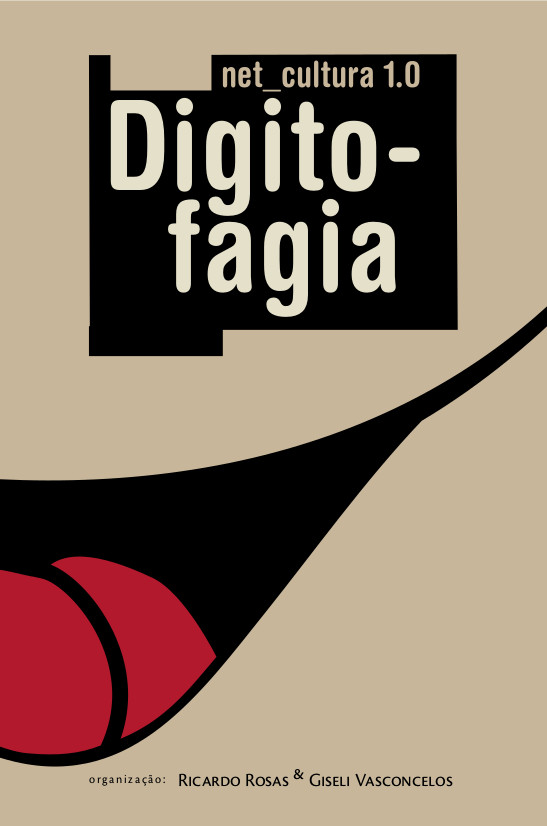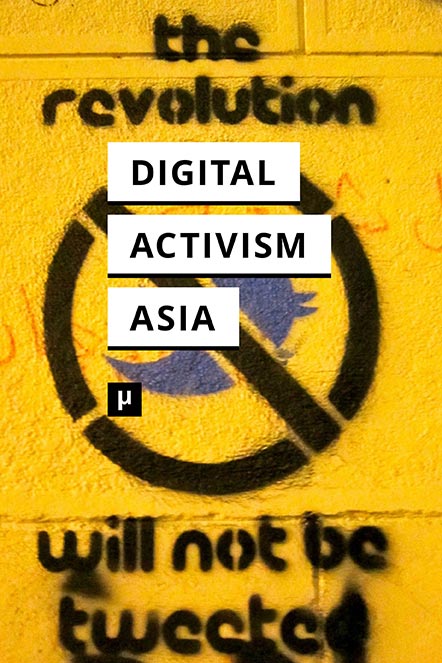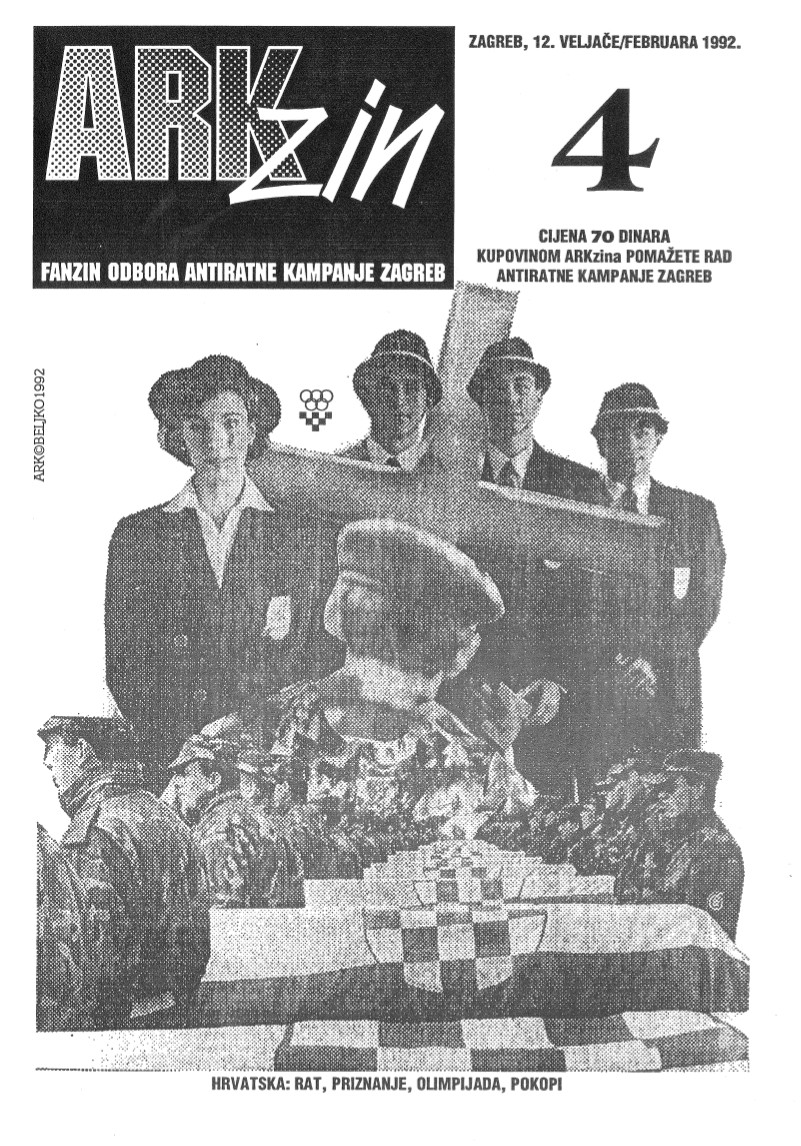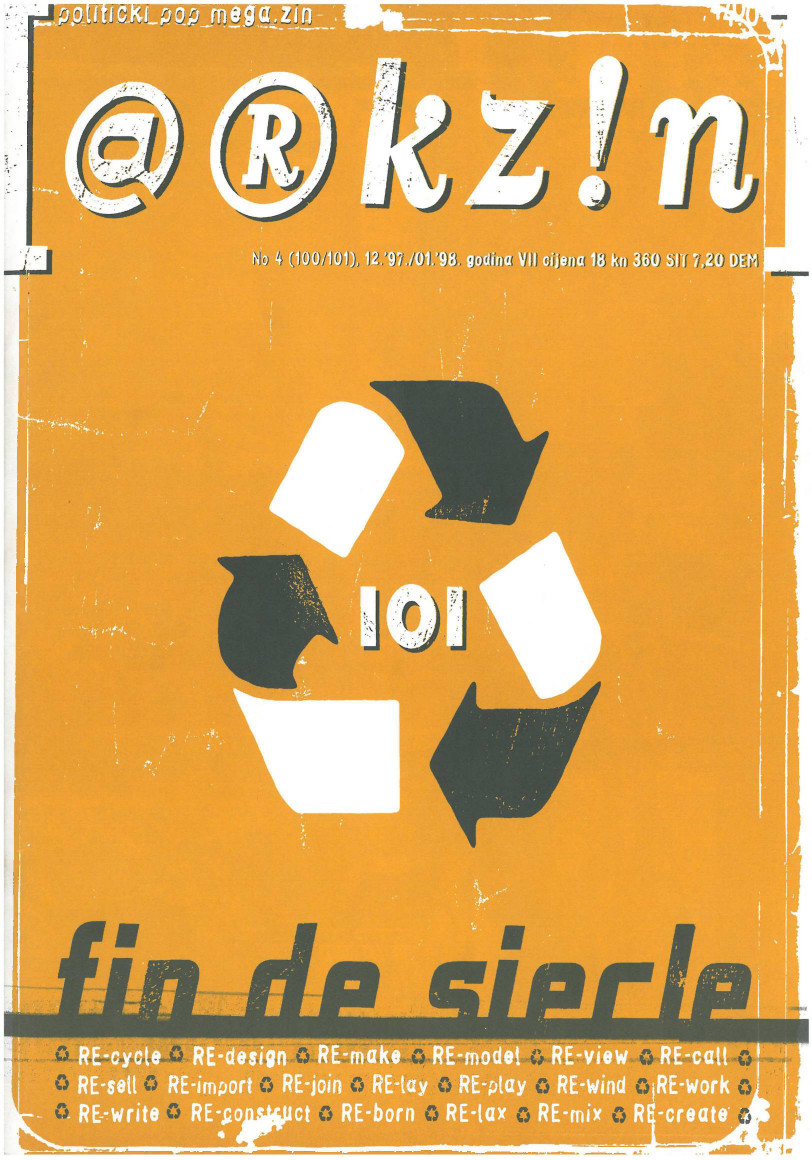Ricardo Rosas, Giseli Vasconcelos (eds.): net_cultura 1.0: Digitofagia (2006) [BR-PT]
Filed under book | Tags: · activism, anthropophagy, art, brazil, cyberfeminism, digital culture, hacktivism, media activism, politics, tactical media, technology, web

A collection of essays contextualizing actions and initiatives in Brazil’s net culture and hacktivism, edited by the late Ricardo Rosas and Giseli Vasconcelos and coming out of their experience creating Festival Digitofagia in 2004.
“Digitofagia é resultado de um processo coletivo de pensamento gerado durante a concepção, planejamento e realização de um festival de mídia tática, no Rio de Janeiro e em São Paulo, no ano de 2004, que discutiu, entre outras coisas, a necessidade urgente de “abrasileirar” práticas de mídia-ativismo que até então eram teorizadas, praticadas e planejadas sob a influência de teorias e práticas aparentemente alheias ao contexto brasileiro.
A concepção de Digitofagia foi pensar uma pratica antropofágica que se reatualiza no contexto da cultura digital, reabastecendo seu viés libertário. Para tanto, abraçar práticas espontâneas na cultura contemporânea brasileira, como a pirataria, os camelôs e a gambiarra, seria, quem sabe, formas de trazer a mídia tática para um campo mais familiar e mais cotidiano aos praticantes, teóricos e activistas brasileiros. Afinal, a própria cultura brasileira é um codigo (em) aberto.”
“Composto por 35 textos de escritores, ativistas, pesquisadores, acadêmicos e artistas preocupados com os caminhos do ativismo político-artístico nos tempos da globalização digital, Digitofagia é fruto da inesgotável energia e alegria de Ricardo Rosas (1969-2007), que primeiro pensou e organizou, ao lado de Giseli Vasconcelos, os textos selecionados para este volume.”
Publisher Radical Livros, São Paulo, with Sarai/CSDS, Delhi, and Waag Society, Amsterdam, 2006
Creative Commons BY-SA-NC 2.5 Brazil
ISBN 8598600048, 9788598600048
347 pages
Commentary: Paul Keller (2009), Geert Lovink (2009).
Comment (0)Nishant Shah, Puthiya Purayil Sneha, Sumandro Chattapadhyay (eds.): Digital Activism in Asia (2015)
Filed under book | Tags: · activism, asia, internet, internet activism, media activism, participation, politics, protest, social media, social movements, software

“The digital turn might as well be marked as an Asian turn. From flash-mobs in Taiwan to feminist mobilisations in India, from hybrid media strategies of Syrian activists to cultural protests in Thailand, we see the emergence of political acts that transform the citizen from being a beneficiary of change to becoming an agent of change. In co-shaping these changes, what the digital shall be used for, and what its consequences will be, are both up for speculation and negotiation.
Digital Activism in Asia marks a particular shift where these questions are no longer being refracted through the ICT4D logic, or the West’s attempts to save Asia from itself, but shaped by multiplicity, unevenness, and urgencies of digital sites and users in Asia.
This reader crowd-sources critical tools, concepts, analyses, and annotations, self-identified by a network of change makers in Asia as important in their own practices within their own contexts.”
Publisher meson press, Lüneburg, July 2015
Creative Commons BY-SA 4.0 License
ISBN 9783957960511
273 pages
PDF (9 MB, updated 2015-8-13)
Comments (2)Arkzin (1991–1998) [Croatian, English]
Filed under magazine | Tags: · activism, croatia, graphic design, media activism, political theory, politics, tactical media, theory, war, yugoslavia


Arkzin was a periodical published in Zagreb, Croatia, from 1991 to 1998. It began as a political fanzine and later on the editorial board widened the scope and included international members and topics. Arkzin gradually changed to a hybrid magazine in which politics, culture, theory and art met, crossed and overlapped.
In total, 106 issues appeared, including eight in English (between April 1993 and January 1994). Five issues of the periodical for critical writing Bastard were published as a supplement to the magazine.
The editors-in-chief of Arkzin were Vesna Janković (I/1-3, II/1-90), Miroslav Ambruš Kiš, Zoran Oštrić (I/1-3), Vladimir Desnica (I/5-6), and Dejan Kršić (II/91-93, III).
PDFs (Monoskop wiki, via MaMa & Human Rights Archive)
See also Prospects of Arkzin catalogue (48 pp, 2013)

